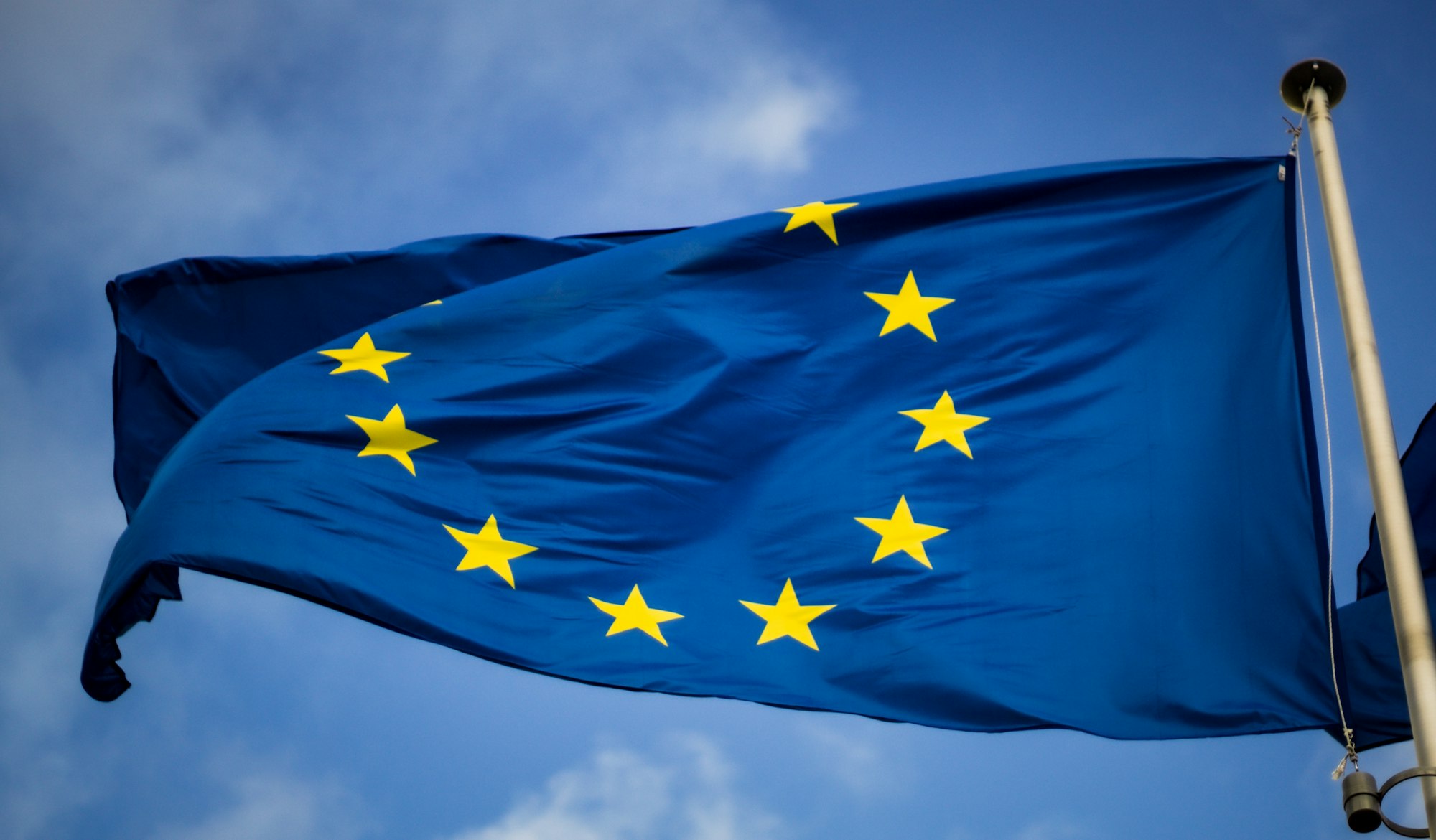EU Drives for Language Evolution, Proposes Ban on Gendered Phrases in Push for Inclusivity
In an unprecedented move that has sparked a global debate, the European Union (EU) has made a call to overhaul common language usage by banning gendered phrases and promoting gender neutrality. The proposals, which seek to reconfigure terms like "no man's land" and eliminate gender-specific references

In an unprecedented move that has sparked a global debate, the European Union (EU) has made a call to overhaul common language usage by banning gendered phrases and promoting gender neutrality. The proposals, which seek to reconfigure terms like "no man's land" and eliminate gender-specific references such as "king and queen" in favor of more inclusive alternatives, represent a broader shift toward linguistic sensitivity and equality within European policy.
The 61-page toolkit, compiled by The European Institute for Gender Equality, underlines the EU's intent to address and reshape the language used in its legislation, communication, and policy-making processes. This initiative has encountered both support and opposition, reflecting a divide in public opinion on the impact and necessity of such changes.
Advocates argue that the linguistic revisions are a necessary step towards recognizing and dismantling the entrenched biases inherent in traditional language that often perpetuates gender stereotypes. The call for change is seen as an extension of ongoing efforts to promote inclusivity and equality across all levels of society, with language being a crucial and ubiquitous influencer of cultural norms.
However, the EU's push for gender-neutral language has met with criticism from various quarters where concerns have been raised regarding the imposition of 'political correctness' on speech. Critics argue that such measures constitute overreach, interfering with cultural heritage and the organic development of language, and dub it as an unnecessary distraction from more pressing issues.
These proposed alterations also touch upon the complexity of linguistic structures, particularly in languages with gendered grammar such as French, where every noun is masculine or feminine. As a result, some view the initiative as an attack on linguistic tradition and question the feasibility of implementing gender-neutral alternatives.
The dialogue surrounding the EU's initiative encapsulates the broader cultural discussions on gender identity, expression, and representation. It raises fundamental questions about the role of language in shaping thought and social interactions, and how institutions can balance the desire for inclusivity with respect for linguistic diversity and tradition.
As member states grapple with the implementation of these guidelines and their implications, the conversation ignites discussions on the power of words to both include and exclude, and the path towards a more inclusive society through conscious linguistic evolution.
